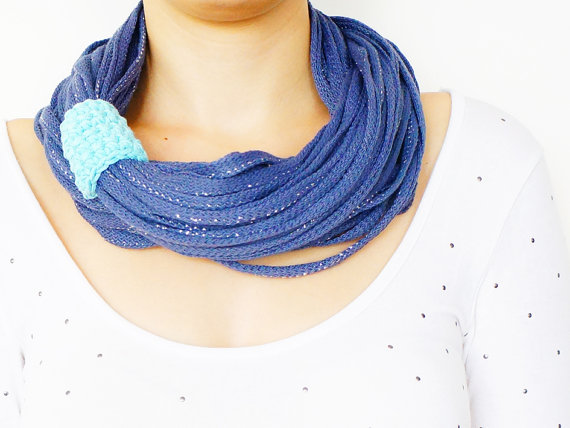Print Edition: March 12, 2014

In the age of fast fashion, university students can dress from the catwalk for less than the wages from a shift at whatever minimum-wage job we’re working at. Stores like Forever 21, American Eagle, Sirens, and Ardène offer student-friendly pricing for their replicas of “now” fashion. We buy in, knowing very well that the clothes will last about a year before they wear out or become last season’s cast-offs.
Most of us are aware of the consequences — the environmental detriment, the humanitarian crisis — that are the real accessory to our faux wool coats and Payless shoes. The problem is most of us can’t afford the quality of the real thing.
So how can students dress fashionably with a clean conscience?
The first step to a responsible closet is to change your perspective on buying clothing. Clothes, shoes, and jewellery should be seen as an investment; look at how much you spend on fast fashion, and use that money to make one big purchase instead of various small ones. Find the item that is timeless — the wool trench coat or pencil skirt — and invest in something higher quality that can work with several outfits. It’ll last more than one season, and can look fresh when paired with new accessories.
When choosing where to invest, consider something locally designed and made. An online search for Vancouver fashion brings up dozens of organic and responsibly-created products. Mulierose, a Vancouver-based women’s fashion store, “upcycles” clothing into new styles; a cute, mint-green, high-waist cotton skirt transformed from a men’s dress shirt goes for about $45.
Supporting makers of handmade products is an easy task on sites like Etsy, where you can talk to the designer who is making your purchase and ask for alterations where desired. Or, find an interesting charitable project to support online with your purchase. Awamaki Lab, a nonprofit organization based in Peru, sends designers to work with local artists using environmentally friendly materials and techniques. Their woven sweaters and vests are chic, bright, and genuine.
However, if you prefer to shop in-store, you don’t have to go so far as Vancouver to find places that cater to the environmentally aware shopper. Ladyfern Athletics in downtown Abbotsford sells organic and ethically produced workout gear, and All Things Eco in Chilliwack sells both men’s and women’s styles along with a wide variety of organic household wares and body products.
If you buy simply because you love shopping, limiting your list to higher quality items can get expensive. Try hunting in places that sell previously cherished clothes to satisfy your shopping high. Value Village, which always has a great selection of men’s dress shoes, can be your new Aldo. Abbotsford recently lost Champion Jack’s, our only vintage store, but sifting through regular second-hand stores can be rewarding — and interesting, to say the least.
Another simple way to keep the clothing turnover low is to take care of your clothes. Conserve the freshness of your clothes by hand-washing and hang-drying; socks and undergarments have a particularly short lifespan when constantly being washed via washer and dryer. By simply switching over to a gentle hand wash, you can increase the lifespan of your favorite lace panties or Under Armour boxers.
Polishing shoes and repairing clothes should not be a thing of the past. If you don’t want to fix a tear in your clothes yourself or if you don’t own a sewing machine, bring your well-loved garments to a tailor. Many dry cleaners and shoe repair locations also make clothing repairs. Expert Dry Cleaners on Sumas Way in Abbotsford does cheap and fast repairs. Replacing a button on a pair of jeans costs about $8, while sewing up a rip in the knee costs about $13.
Do-it-yourself repairs also work for any jewellery that is building up dirt or oil. Carefully massage white toothpaste into the metal; the abrasive paste actually takes off any discolouration and restores jewellery to its former brightness.
Keeping your style controversy-free takes some dedication. Our consumerist culture pushes us to buy those novel and inexpensive shoes, and the convenience of simply buying cheap to replace cheap makes fast fashion hard to resist. With the increasing popularity of H&M and the other McDonald’s of the fashion world, young dressers begin to look like slightly over-sized mannequins: identical in style and lacking creativity entirely.
Make a statement: look beyond the mannequin for your own style in a culture of disposable fashion.


